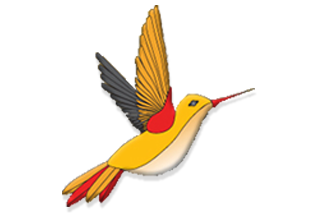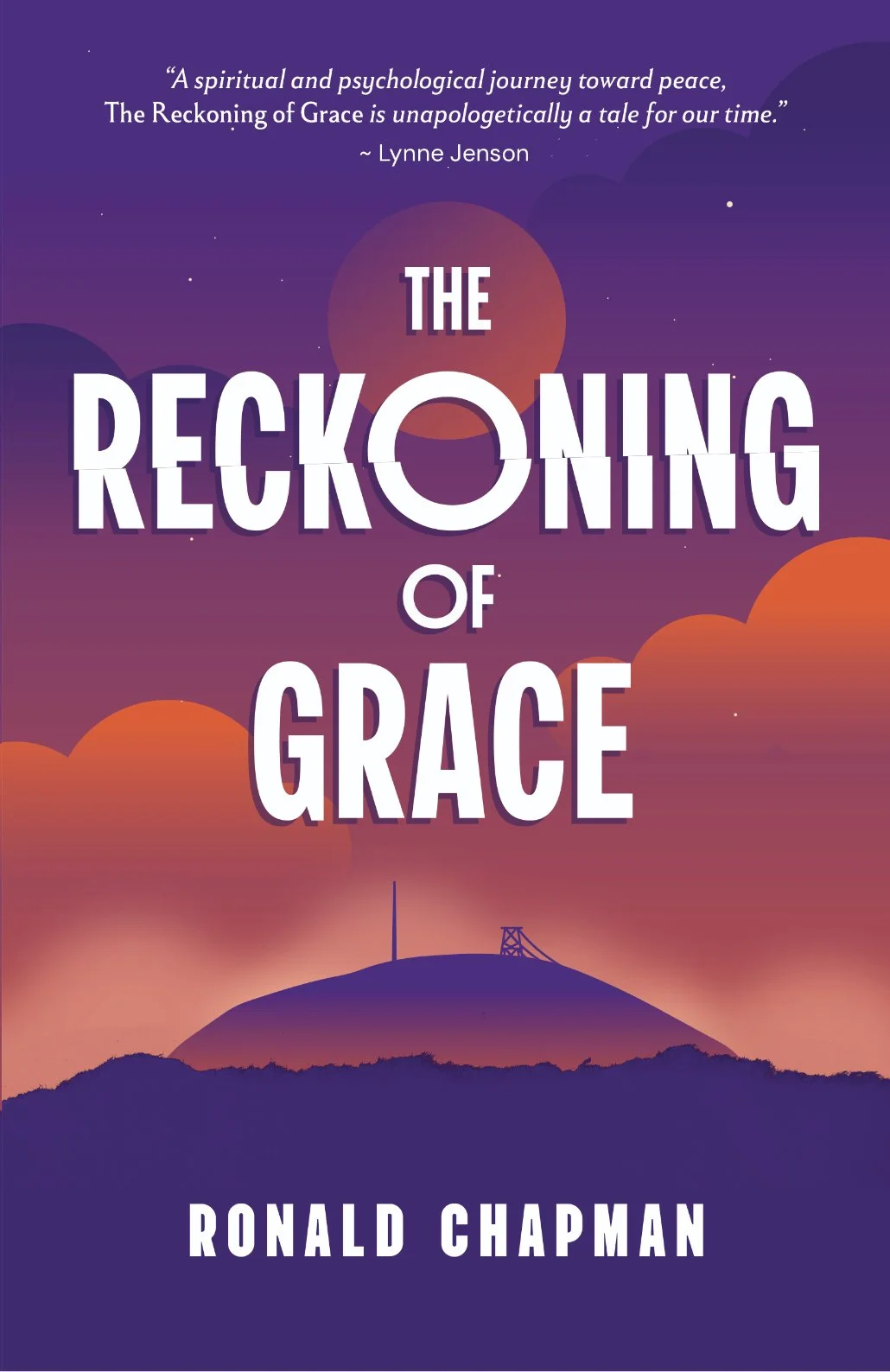Speaking True: Enneagram Virtues
/In my professional human development world, I spend a lot of time working with psychological assessments. Some of you know I'm sure of Myers Briggs, DISC and Strengths.
One of the ones I don't talk a lot about, but I really love, is a tool called the Enneagram. It actually dates back to the Russian spiritualist, actually Armenian spiritualist, Georges Gurdjieff.
One of the things I really like about the Enneagram is the way it thinks of us as humans. It doesn't think you ought to be different. It knows that you are who you are, you're baked the way you're baked.
And the question the Enneagram asks of us is how will we move towards functionality and what they call integration? In other words, how do we get the best version of a Ron or a Bob are Julie, not how do we get a different version? On the other hand, they also help you diagnose the things that move you towards disintegration or dysfunction.
How incredibly cool is it, that we have this idea, a psychological assessment tool whose basis is to acknowledge that you are who you are, and that our goal is to get the best, most functional, most integrated version of you? I can't think of a more optimistic way of seeing the world, which is probably why I share it so very often. Especially because in this world, our basic assumption too often is there's something wrong with you that we need to fix rather than understanding who you are.
How do we get the very best you?
That's an idea worth embracing and welcoming into your life.



